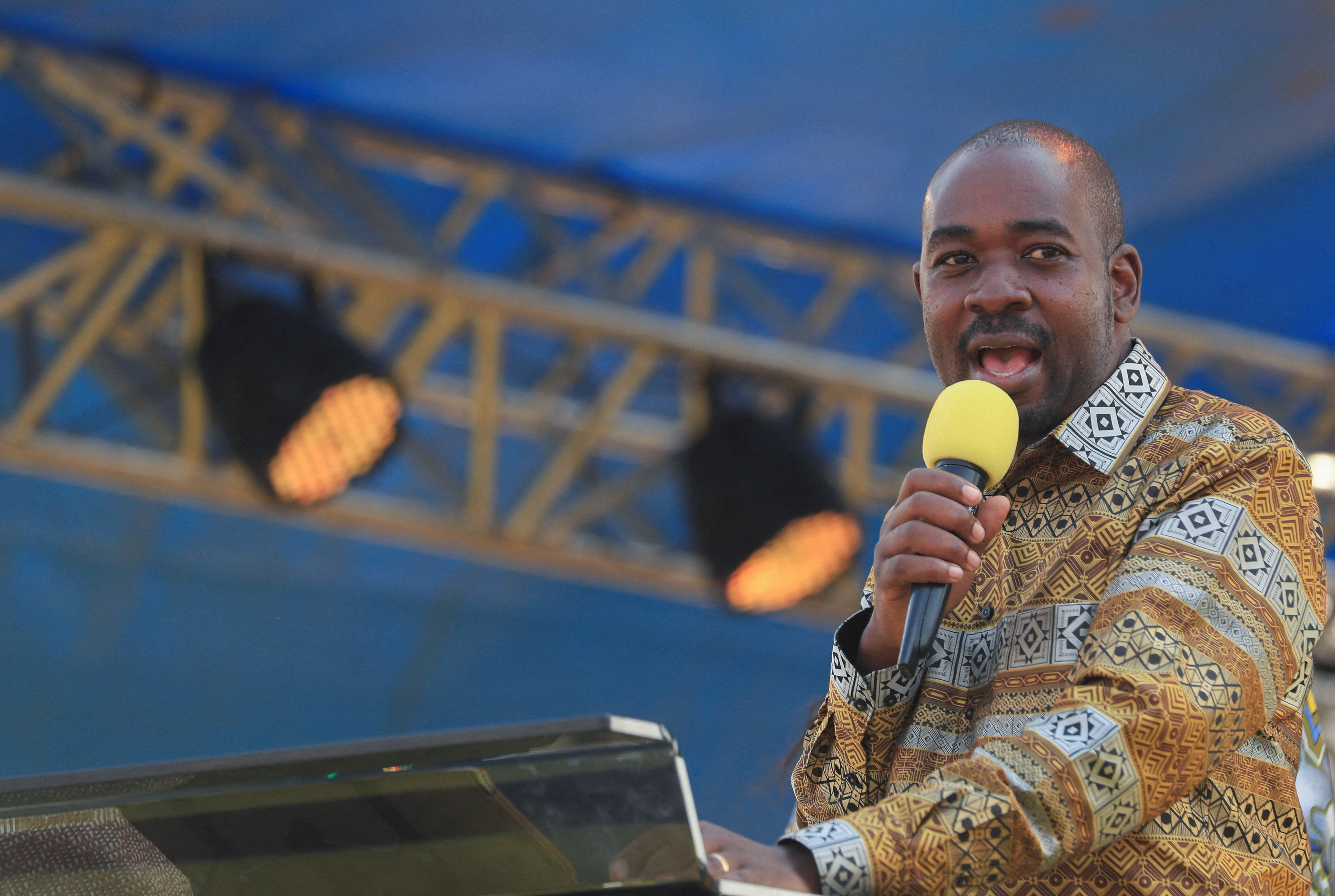 |
| Winky D at the Eureka Eureka Album Launch (2023) |
By Prince Gora.
I find it interesting that in the face of massive backlash of ‘some recent projects’, people are trying to drag Winky D into the mix. Of course he is no saint as can be proven by songs like ‘Mzii’ and ‘Put the blame on me’ among many others. However, Winky D has undeniably evolved in his musical journey, displaying a noticeable maturation over the years.
His career trajectory reflects an artist who has navigated the complexities of fame while honing his craft and messaging.
Initially recognized for his energetic and catchy dancehall tunes, Winky D's music often carried social commentary and reflections on societal issues. Over time, this evolved into a more nuanced and matured approach, wherein his lyrics began to delve deeper into themes of empowerment, social justice, and cultural identity. He emerged not just as an entertainer but as a voice for the people, using his platform to address pertinent issues affecting Zimbabweans.
Moreover, Winky D's growth isn't just confined to his lyrical content. His musical style and performance have also shown refinement. From his earlier days of vibrant, high-tempo beats to incorporating a more diverse range of sounds, rhythms, and collaborations, he has displayed an adaptability and willingness to experiment within the music industry.
Beyond his artistic development, Winky D's personal evolution also merits attention. As an individual in the public eye, he has navigated the challenges of fame while maintaining a relatively private personal life. This balance demonstrates a certain level of maturity and discretion, focusing on his artistry rather than succumbing to the pitfalls of celebrity culture.
However, it's essential to acknowledge that Winky D, like any artist, isn't infallible. He has faced his fair share of controversies and criticisms, which are part and parcel of a public figure's journey. These instances, though, have potentially contributed to his growth and self-awareness, further shaping him into the artist he is today.
In conclusion, Winky D stands as a testament to the evolution of an artist. From his early days of creating catchy dance tunes to becoming a voice for social consciousness, his journey exemplifies a maturation both in his music and personal character. While not immune to scrutiny, his growth serves as an inspiration, illustrating the potential for artists to evolve beyond their initial personas into impactful figures within their communities.
Other artists, on the other hand, appear to be evolving in the opposite direction.





